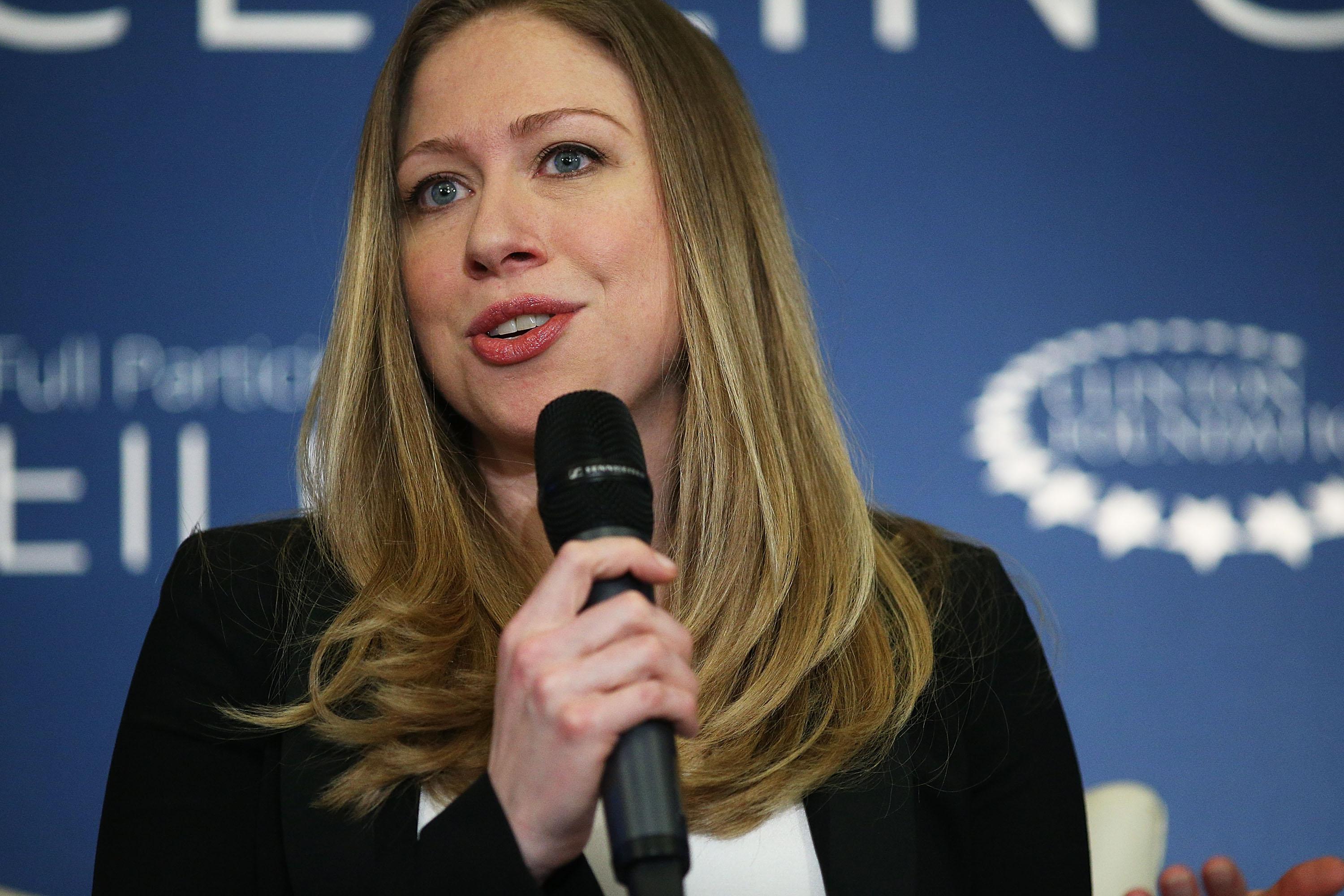The latest installment of a continuing series in which American events are described using the tropes and tone normally employed by the American media to describe events in other countries.
WASHINGTON, United States—Though free of monarchy for more than two centuries, Americans this week were strangely fascinated by the news that one of the country’s pre-eminent political families will be producing its next heir. The news has produced baby fever in the nation’s often sensationalist and highly partisan media and sparked a new round of discussion about the role of powerful clans in the nation’s public affairs.
The politics of the world’s second-largest democracy have long been dominated by a handful of influential families. In recent decades, it has often been a brutal contest of wills between two rival clans in particular.
For the past year, however, neither of the country’s most powerful dynasties has had a member serving in the executive mansion or the Cabinet—something that has not happened in 34 years. This week’s news comes at a time when speculation is high that the Clinton dynasty may be angling to take the reins of power once more.
More than two decades ago, the Clintons swept out of the country’s southern heartland—an economically depressed region with a bloody history—to storm the capital. They have dominated the national conversation ever since, as much for family patriarch Bill’s prodigious appetites and often controversial public statements as their fairly staid brand of center-left politics.
After Bill was forced by term limits to surrender power in 2000, his wife, Hillary, entered the national legislature and in 2008 followed in the footsteps of a number of the Western Hemisphere’s first ladies in recent years by running for the presidency herself.
She would have been the first female president of a country that, while highly Westernized in many respects, still has an overwhelmingly male-dominated political culture. In a shocking result, voters rejected the Clintons’ bid to return to the executive mansion and Hillary was forced to settle for a four-year tenure as foreign minister.
The couple’s daughter, Chelsea, grew up in the public eye, and the announcement of her pregnancy this week drew attention from the normally staid broadsheets read by the country’s elite as well the gossip-focused publications more popular with the general public here. The family’s political opponents, meanwhile, griped that the timing of the announcement was not coincidental.
For while the country’s next presidential election is more than two years away, speculation is already running high that Chelsea’s mother will be making another bid to return the family to power. (Unlike nearby Guatemala, America has no law barring spouses of ex-presidents from seeking office themselves.)
At the same time, Chelsea—a frequent presence on a pro-government broadcasting network—has recently suggested that she may have designs on public office herself at some point, raising the possibility that, like the Nehru-Gandhis of India or Aquinos of the Philippines before them, the Clintons could create a multiple-generation political dynasty. (Chelsea’s child will not be eligible to occupy the country’s highest office until the 2052 election.)
Meanwhile, the Clinton restoration may face a challenge from their longtime rivals the Bushes. Jeb, the younger brother of one former president and son of another, has lately been courting the support of the nation’s growing foreign-born population but is mistrusted by many in his party’s hardline nationalist wing.
The Bush family recently welcomed a new member as well, raising the possibility that the bitter feud that has dominated and at times crippled this economically struggling nation’s politics may last decades into the future.
